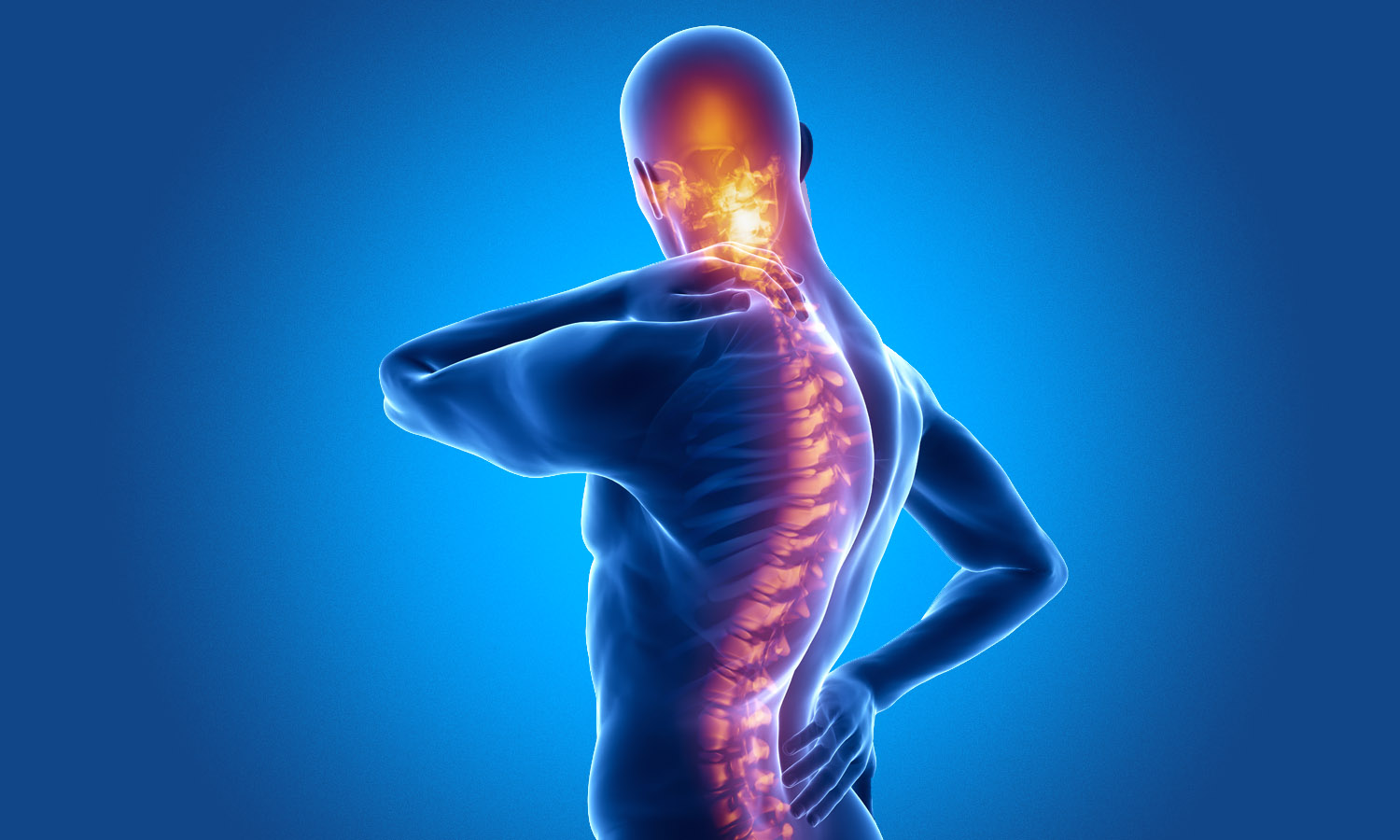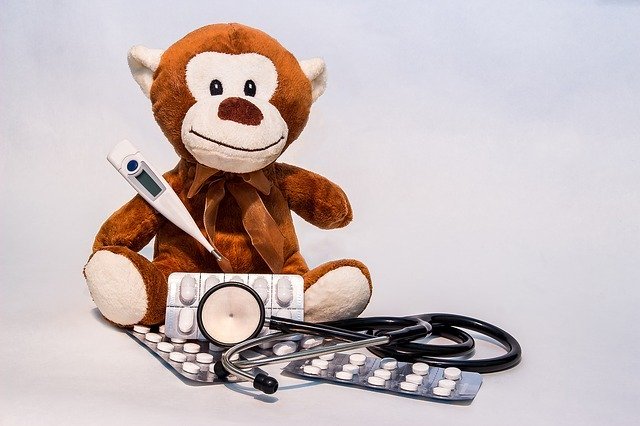What Are the Early Signs and Symptoms of Ulcerative Colitis?
Many people suffer from gastrointestinal issues. A few common examples include diarrhea, constipation, and irritable bowel syndrome. Even though many of these symptoms can come and go, they can also be a sign of a more serious gastrointestinal issue. One example is ulcerative colitis, which can start at relatively mild; however, it can get worse quickly. For this reason, it is important for everyone to understand the basics of ulcerative colitis. If you believe you may be suffering from the signs and symptoms discussed below, you should reach out to your doctor as quickly as possible. It is possible you could be suffering from ulcerative colitis. Like other medical conditions, the sooner this condition is diagnosed, the sooner the treatment process can begin. This may improve your prognosis.
Related Topics (Ads):
Spot Ulcerative Colitis Early: The Signs and Symptoms
First, understand that ulcerative colitis is a type of inflammatory bowel disease (IBD), which means that many of the symptoms are caused by chronic inflammation in the intestinal tract. Another common example of IBD is Crohn’s disease, which is frequently confused with ulcerative colitis.
As the name suggests, ulcerative colitis leads to the development of ulcers in the intestinal system. Ulcerative colitis can show up anywhere in the digestive tract; however, it is frequently centered in the large intestine and rectum. Like other medical conditions, ulcerative colitis can vary widely and its severity. Therefore, depending on the level of information in your colon, your symptoms may vary as well.
There are several common symptoms of ulcerative colitis that develop early in the disease’s course. A few common examples include:
• The development of chronic, recurrent diarrhea
• Frequent bouts of abdominal pain and cramping
• Severe rectal pain and bleeding
• An increased number of trips to the restroom on a daily basis
• A feeling of incomplete emptying after using the bathroom
• The development of unexplained, rapid, unintentional weight loss
• Recurrent fevers
Related Topics (Ads):
Many people will not develop all the symptoms above. Therefore, this condition is often confused with other GI issues. In addition, a lot of the symptoms come and go. As a result, a lot of people mistakenly believe they have gotten better; however, it is not unusual for the symptoms to come back with greater force. That is why it is critical for people to know any changes in the appearance of these symptoms and seek medical care.
How Is Ulcerative Colitis Diagnosed?
As soon as people notice these symptoms, they need to seek medical care as quickly as possible. Even though it can be challenging to determine whether the symptoms are serious, it is better to rely on the experience of a trained medical professional.
When visiting the doctor, it is important to first determine whether additional testing is required. For example, all doctors will start with a history and detailed physical exam. Then, if the doctor believes there is a high chance of someone suffering from ulcerative colitis, he or she may order a few subsequent tests. For example, the doctor may order lab tests that:
• Are designed to look for signs of rectal bleeding
• Are designed to look for signs of inflammation in the gastrointestinal tract
• Are designed to look for other substances in the stool that could be signs or symptoms of inflammatory bowel disease
It is also possible that the doctor may order imaging scans as well. These scans are often used to take a closer look at the inside of the gastrointestinal tract. In addition to Imaging scans, some doctors may want to order a colonoscopy. All of these tests are discussed on a case-by-case basis.
Related Topics (Ads):
How Is Ulcerative Colitis Treated?
After all of these tests have been completed, the doctor will take a look at the results. If he or she has determined that you suffer from ulcerative colitis, the next step will be to develop a treatment plan. Importantly, this is a condition that cannot be cured; however, with appropriate treatment, it is possible to put the symptoms in remission and allow individuals to lead a high-quality of life. A few components of the treatment process include:
• Medications are commonly used to suppress symptoms. These medications are designed to reduce inflammation in the GI tract.
• Dietary adjustments are also required. Certain foods can reduce the chances of someone developing UC flares.
• Combination therapy may be required as well. For example, there are certain situations where adjusting the medication regimen can improve symptoms.
Finally, there are some situations where surgery could be required as well. Certain segments of the colon that are severely damaged might need to be removed in order to improve symptoms overall. The doctor will weigh the risks of removing a significant portion of the colon against the benefits regarding symptom relief. Seek medical care as early as possible for ulcerative colitis.







